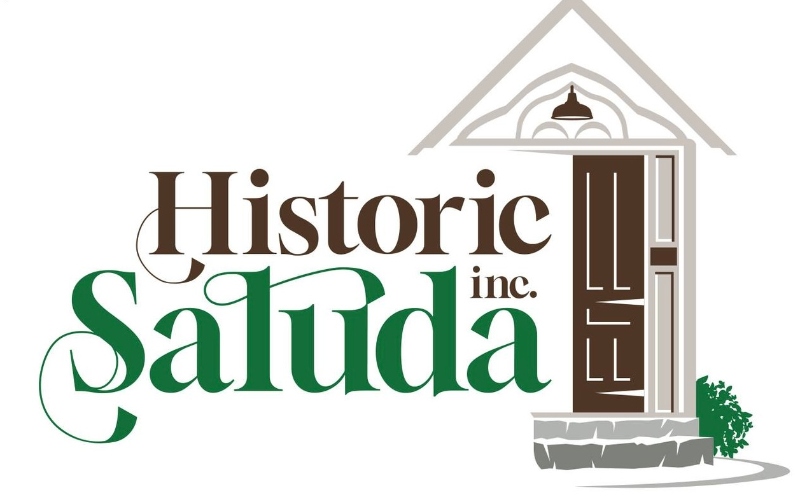Retirement planning for small business owners
Published 10:00 pm Monday, September 26, 2016
As a small business owner, you are responsible for saving for your own retirement. Although the demands of starting and managing your business in the here and now may dominate your thoughts, planning for the future is crucial. You need to make sure your business cannot only sustain itself, but also your personal financial well-being in the years to come.
“There are two key mistakes many small business owners make when it comes to planning for retirement: They don’t plan for it, or they plan to sell the business and use that for their retirement,” explains SCORE mentor Frank DeSantis. “Many don’t understand their financial statements and end up using all of the cash (assets) in the business, leaving little real value—beyond customer goodwill—in the end. Better is investing in your own future by having a retirement plan.”
What type of retirement plan is best for small business owners?
Trending
It depends. You have several to choose from and some are more advantageous for sole proprietors without employees, while others may be more ideal for small businesses with staff on their payrolls.
Three types of plans small business owners might consider include:
SEP IRA (Simplified Employee Pension Plan)—Allows self-employed people and small-business owners (as employers) to make contributions to their own and/or each eligible employee’s account on a discretionary basis. Contributions are tax deductible as a business expense.
SIMPLE IRA (Savings Incentive Match Plan for Employees)—Is funded by tax-deductible employer contributions and pretax employee (including self-employed sole proprietor) contributions, much like a 401(k) plan. It allows eligible employees to contribute part of their pretax compensation to the plan; taxes on the funds are deferred until the money is distributed.
Self-Employed 401(k)—Is a tax-deferred retirement plan for self-employed individuals. With the same rules and requirements as traditional 401(k) plans, it covers business owners with no employees.
How do you decide which is best for you?
Trending
Each plan may offer certain tax advantages, such as:
• Tax-deferred growth potential (investments that grow without taxes and capital gains applied until a future date)
• Deduction of employer contributions as a business expense
• Potential tax credit of up to $500 for various expenses as you start and maintain the plan (during the first three years, if it’s your first time providing a plan to your employees)
According to DeSantis, “With any retirement plan, you need to estimate how much money you will need to live on after you stop working in your business. For a small business owner, there may be new costs to consider as expenses—such as automobile payments, fuel, insurance, and some entertainment costs—transition from business tax deductions to personal expenses in retirement. Knowing what your needs are will help you plan to save enough to meet your goals.”
As you explore the retirement options that will be best for you, you can find information on the IRS’s Small Business Retirement Resources page. Also consider talking with a trusted financial planning professional who can answer your questions and help you make an informed decision.
If you would like help with this process, or other aspects of your established or start-up business, the volunteers at SCORE are available to help. SCORE is a nationwide network of over 13,000 experienced volunteer executives offering free assistance to small businesses looking for mentoring, counseling, tools and workshops. You can read about SCORE at www.score.org. The Polk County Chapter of SCORE can be reached at 828-859-5456 or via email at scorepolkcounty@gmail.com. Article submitted by Western North Carolina SCORE, Polk Branch.





